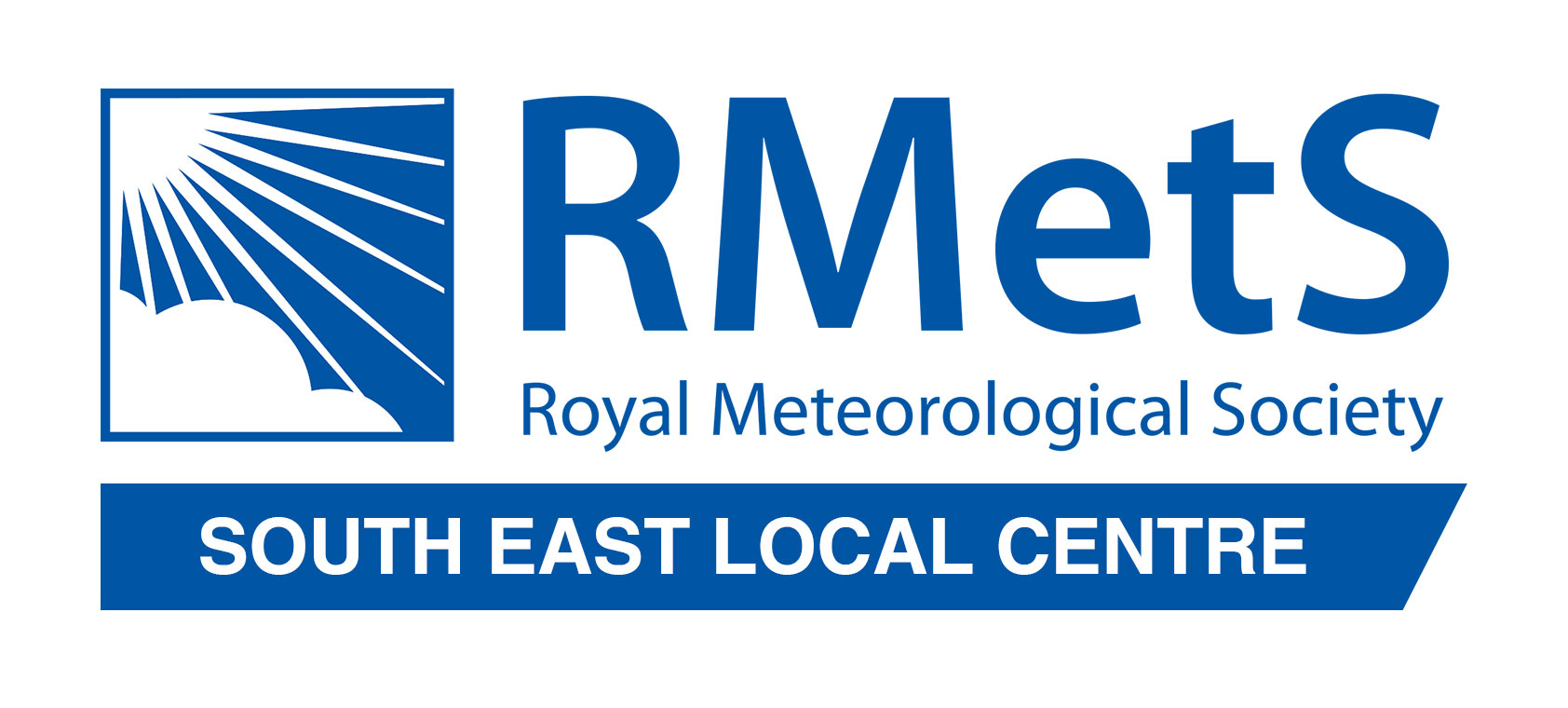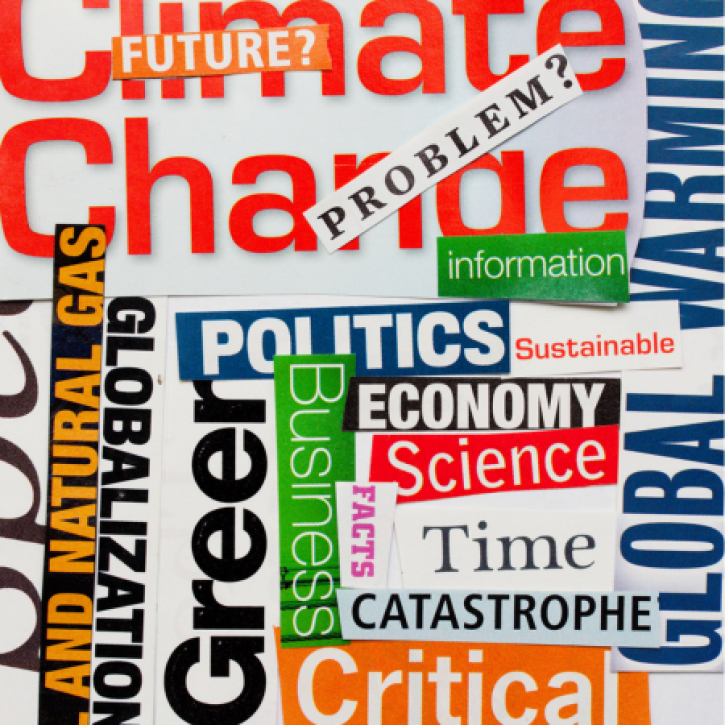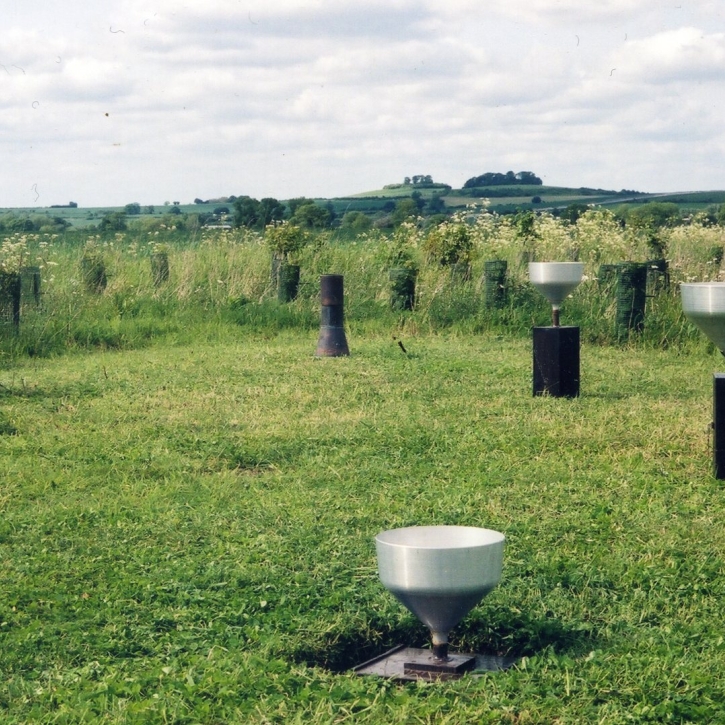

Tracking the Sustainability of Long-Haul Flights
LOCATION
Whiteknights, Reading RG6 6AH
Whilst we all enjoy travelling to exciting and far-off locations, the current climate crisis is making flights less and less attractive. But is there anything we can do about this? By plotting courses that make best use of atmospheric data to minimise aircraft fuel burn, airlines can not only save money on fuel, but also reduce emissions, whilst not significantly increasing flight times. In each case the route between London Heathrow Airport and John F Kennedy Airport in New York is considered. Atmospheric data is taken from a re-analysis dataset based on daily averages from 1st December, 2019 to 29th February, 2020.
Initially Pontryagin’s minimum principle is used to find time minimal routes between the airports and these are compared with flight times along the organised track structure routes prepared by the air navigation service providers NATS and NAV CANADA for each day. Efficiency of tracks is measured using air distance, revealing that potential savings of between 0.7% and 16.4% can be made depending on the track flown. This amounts to a reduction of 6.7 million kg of CO2 across the whole winter period considered.
In a second formulation, fixed time flights are considered, thus reducing landing delays. Here a direct method involving a reduced gradient approach is applied to find fuel minimal flight routes either by controlling just heading angle or both heading angle and airspeed. By comparing fuel burn for each of these scenarios, the importance of airspeed in the control formulation is established.
Finally dynamic programming is applied to the problem to minimise fuel use and the resulting flight routes are compared with those actually flown by 9 different models of aircraft during the winter of 2019 to 2020. Results show that savings of 4.6% can be made flying east and 3.9% flying west, amounting to 16.6 million kg of CO2 savings in total.
Thus large reductions in fuel consumption and emissions are possible immediately, by planning time or fuel minimal trajectories, without waiting decades for incremental improvements in fuel-efficiency through technological advances.
Speaker
Cathie Wells
Cathie is currently an interdisciplinary researcher for the Walker Institute, applying in-depth risk analysis and climate science to creating guidelines for National Adaptation Policies for some of the countries worst affected by climate change in Asia. However, her talk will be based on her PhD studies, which earned her the Times Higher Education STEM Project of the Year Award 2022. More excitingly still, some of her research has contributed to the first change in transatlantic flight procedures for sixty years!
Registration
REGISTRATION IS NOW CLOSED
 The Royal Meteorological Society has a number of local centres across the UK, where meetings are held throughout the year. The South East Local Centre are currently hosting monthly meetings which can be attended in person or virtually. For further information on the local centre, upcoming events or to be added to the mailing list, please contact southeast@rmets.org.
The Royal Meteorological Society has a number of local centres across the UK, where meetings are held throughout the year. The South East Local Centre are currently hosting monthly meetings which can be attended in person or virtually. For further information on the local centre, upcoming events or to be added to the mailing list, please contact southeast@rmets.org.
Whilst we all enjoy travelling to exciting and far-off locations, the current climate crisis is making flights less and less attractive. But is there anything we can do about this? By plotting courses that make best use of atmospheric data to minimise aircraft fuel burn, airlines can not only save money on fuel, but also reduce emissions, whilst not significantly increasing flight times. In each case the route between London Heathrow Airport and John F Kennedy Airport in New York is considered. Atmospheric data is taken from a re-analysis dataset based on daily averages from 1st December, 2019 to 29th February, 2020.
Initially Pontryagin’s minimum principle is used to find time minimal routes between the airports and these are compared with flight times along the organised track structure routes prepared by the air navigation service providers NATS and NAV CANADA for each day. Efficiency of tracks is measured using air distance, revealing that potential savings of between 0.7% and 16.4% can be made depending on the track flown. This amounts to a reduction of 6.7 million kg of CO2 across the whole winter period considered.
In a second formulation, fixed time flights are considered, thus reducing landing delays. Here a direct method involving a reduced gradient approach is applied to find fuel minimal flight routes either by controlling just heading angle or both heading angle and airspeed. By comparing fuel burn for each of these scenarios, the importance of airspeed in the control formulation is established.
Finally dynamic programming is applied to the problem to minimise fuel use and the resulting flight routes are compared with those actually flown by 9 different models of aircraft during the winter of 2019 to 2020. Results show that savings of 4.6% can be made flying east and 3.9% flying west, amounting to 16.6 million kg of CO2 savings in total.
Thus large reductions in fuel consumption and emissions are possible immediately, by planning time or fuel minimal trajectories, without waiting decades for incremental improvements in fuel-efficiency through technological advances.
Speaker
Cathie Wells
Cathie is currently an interdisciplinary researcher for the Walker Institute, applying in-depth risk analysis and climate science to creating guidelines for National Adaptation Policies for some of the countries worst affected by climate change in Asia. However, her talk will be based on her PhD studies, which earned her the Times Higher Education STEM Project of the Year Award 2022. More excitingly still, some of her research has contributed to the first change in transatlantic flight procedures for sixty years!
Registration
REGISTRATION IS NOW CLOSED
 The Royal Meteorological Society has a number of local centres across the UK, where meetings are held throughout the year. The South East Local Centre are currently hosting monthly meetings which can be attended in person or virtually. For further information on the local centre, upcoming events or to be added to the mailing list, please contact southeast@rmets.org.
The Royal Meteorological Society has a number of local centres across the UK, where meetings are held throughout the year. The South East Local Centre are currently hosting monthly meetings which can be attended in person or virtually. For further information on the local centre, upcoming events or to be added to the mailing list, please contact southeast@rmets.org.





